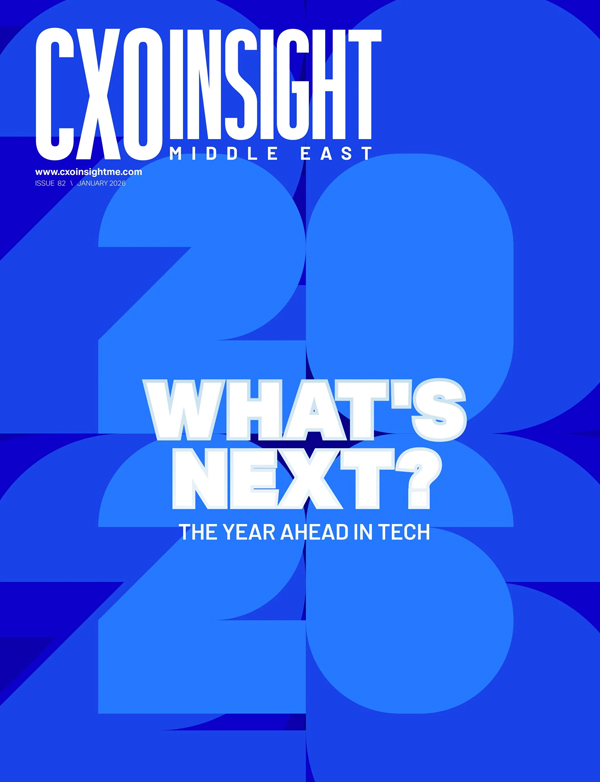Can you tell us how low-code application platforms help CIOs?
With the need to be digitally advanced, CIOs have to look into many requirements in traditionally run organisations simultaneously. Standard business applications often can’t handle the speed of business, and the traditional IT strategies employed to build new applications are slow and rigid. Low code application platforms come handy here for CIOs to deliver a rapid development environment, enabling citizen developers (wider business community vs. centralised development groups) for a quicker time to market, which will enable organisations to respond to new opportunities and threats quicker.
Moreover, a CIO also needs to make sure his team is not perceived as a bottleneck against innovation. This can be achieved by having a low-code application development platform, which will still be maintained and governed by IT, but gives the business room to innovate and create their own applications to respond to new opportunities where businesses can’t wait for the typical release cycle, and hence use drag and drop, zero coding, and browser-based application development capabilities to introduce new applications (time to production).
Will it fully replace traditional coding?
Low-code apps cannot replace traditional coding. In fact, it complements rather than replaces. It is not an either/or situation while the hype it has created perceives to some that it can be used to replace traditional coding with this emerging technology. Rigid and traditional platforms such as ESB, process automation are still required to fulfill enterprise-wide applications. For example, an integration layer that supports all protocols, and the creation of well-defined development frameworks like SOA for better governance and services reusability. Low-code application platforms will only facilitate application creation, which is at a higher level than services development. An application will rely on underlying services that will fulfill integration requirements. An application might end up reusing existing or new services to achieve the overall business requirements. A traditional platform — ESB will be used to build those services, and then a low code application platform will focus on quickly composing an application such as UI pages, utilising services hosted in the ESB. Therefore, these could also be used in tandem to help organisations maximise their internal development resources.
How scalable are low–code platforms?
Low-code platforms can be very scalable, depending on the platform’s maturity itself. The question should not be around scalability, and whether the platform can handle the high load or not, but rather how rich and comprehensive the platform is and covers different integration scenarios and UI development. Therefore, there is some doubt about low-code scalability because many low-code apps promise to empower citizen developers with a perception that its more suited for small, non-business critical applications only.
Where do low-code platforms work best?
Some of the best applications of low-code platforms can be witnessed in departmental use cases, allowing more extensive business and citizen developers to create apps and avoid longer systems development life cycle (SDLC) release cycles.










Discussion about this post